PARIS -- An hour’s drive north of Paris along the River Seine lies Flins, home to Renault’s biggest and oldest factory, where 2,700 workers and 900 robots toil in tandem to build a steady stream of compact cars. More than half of the vehicles rolling off the line, however, don’t carry the Renault diamond badge.
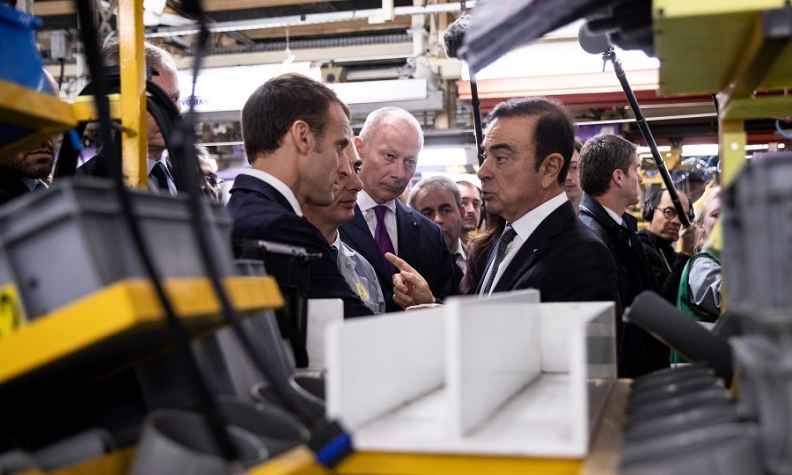
Instead, the factory’s most important car is the Nissan Micra, of which Flins produced 94,000 last year. The site’s shift towards the Japanese model is emblematic of Nissan’s heft in an alliance it has failed to dominate since its inception almost two decades ago.
Even French President Emmanuel Macron has been drawn into photo opportunities with management to tout Nissan’s plans in France, rolling up last month at Renault's factory in Maubeuge, where the Renault Kangoo-based Nissan NV250 small van will be produced next year.
Flins also is ramping up the Renault Zoe full-electric car but the small hatchback still accounts for less than a fifth of the plant's output.
The French-Japanese alliance is now threatened by the downfall of the man central to the functioning of the partnership: Carlos Ghosn.
On Friday, Ghosn was re-arrested on more expansive charges of corporate wrongdoing. The Nissan side has sought to harness the leadership void to address what it perceives as French favoritism by Ghosn. The French government, on the other hand, has moved to protect the pact as Renault’s biggest shareholder, saying it has helped secure business over the years, a view shared by the workers of Flins.
“The factory needs the alliance,” said Dominique Bertrand, who represents the Force Ouvriere labor union at Flins, where he started on the assembly line more than four decades ago. “Electric cars are the future, but they won’t keep the whole plant busy.”


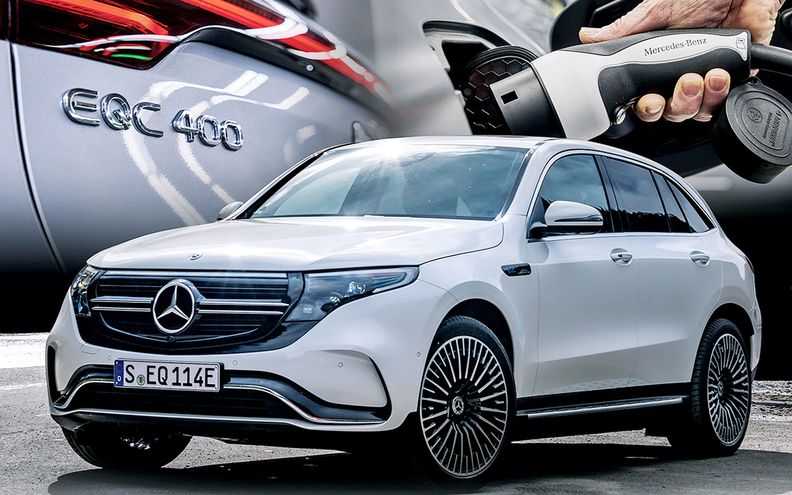
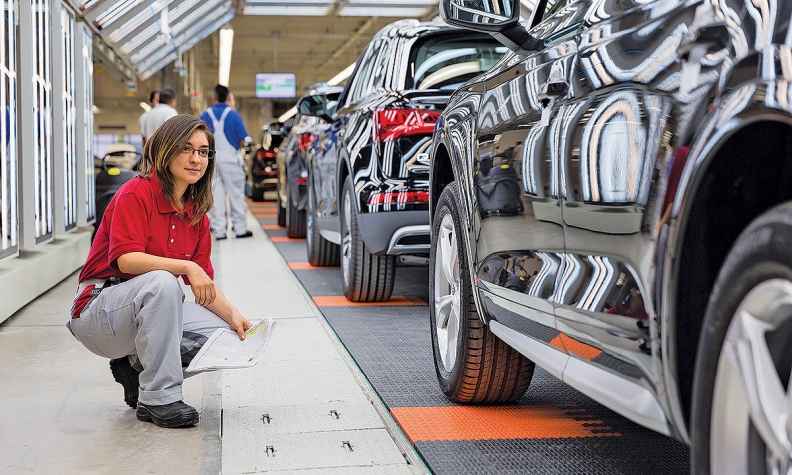
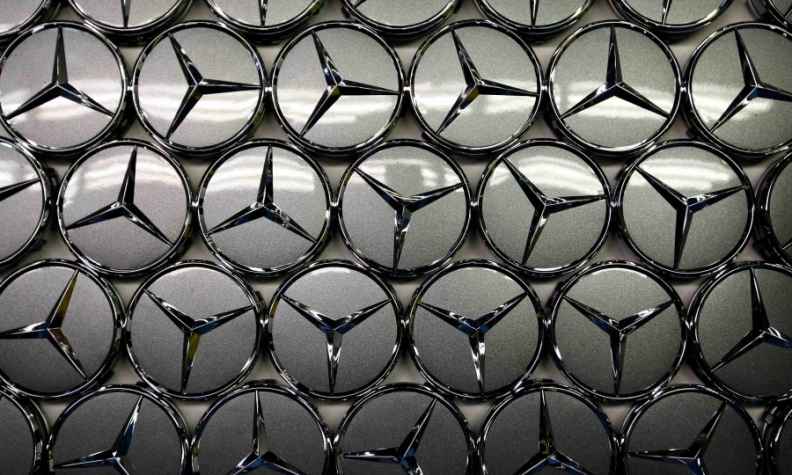
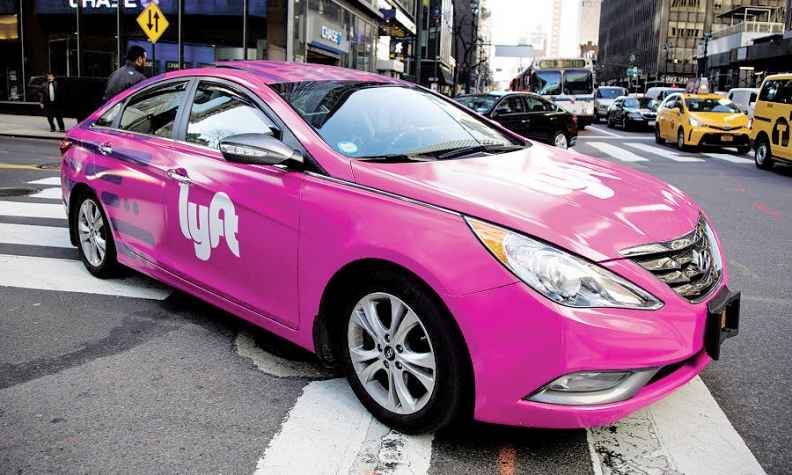
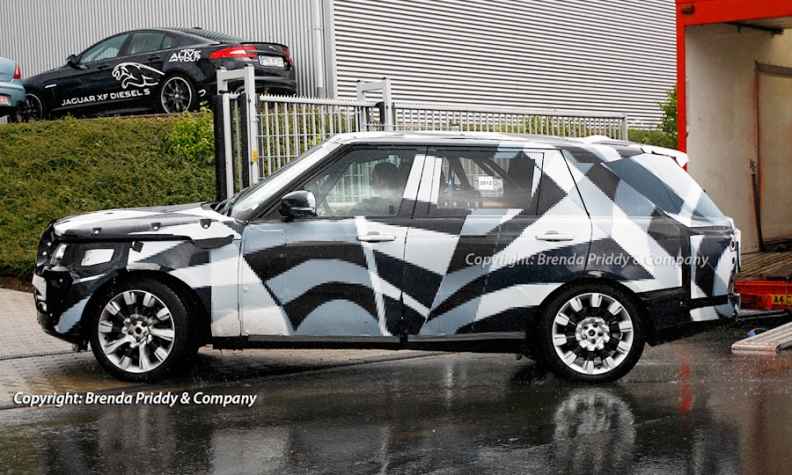
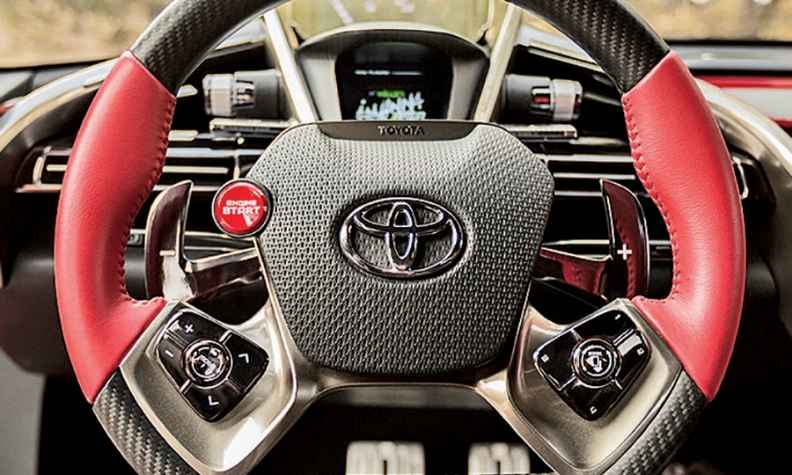

Post your comment